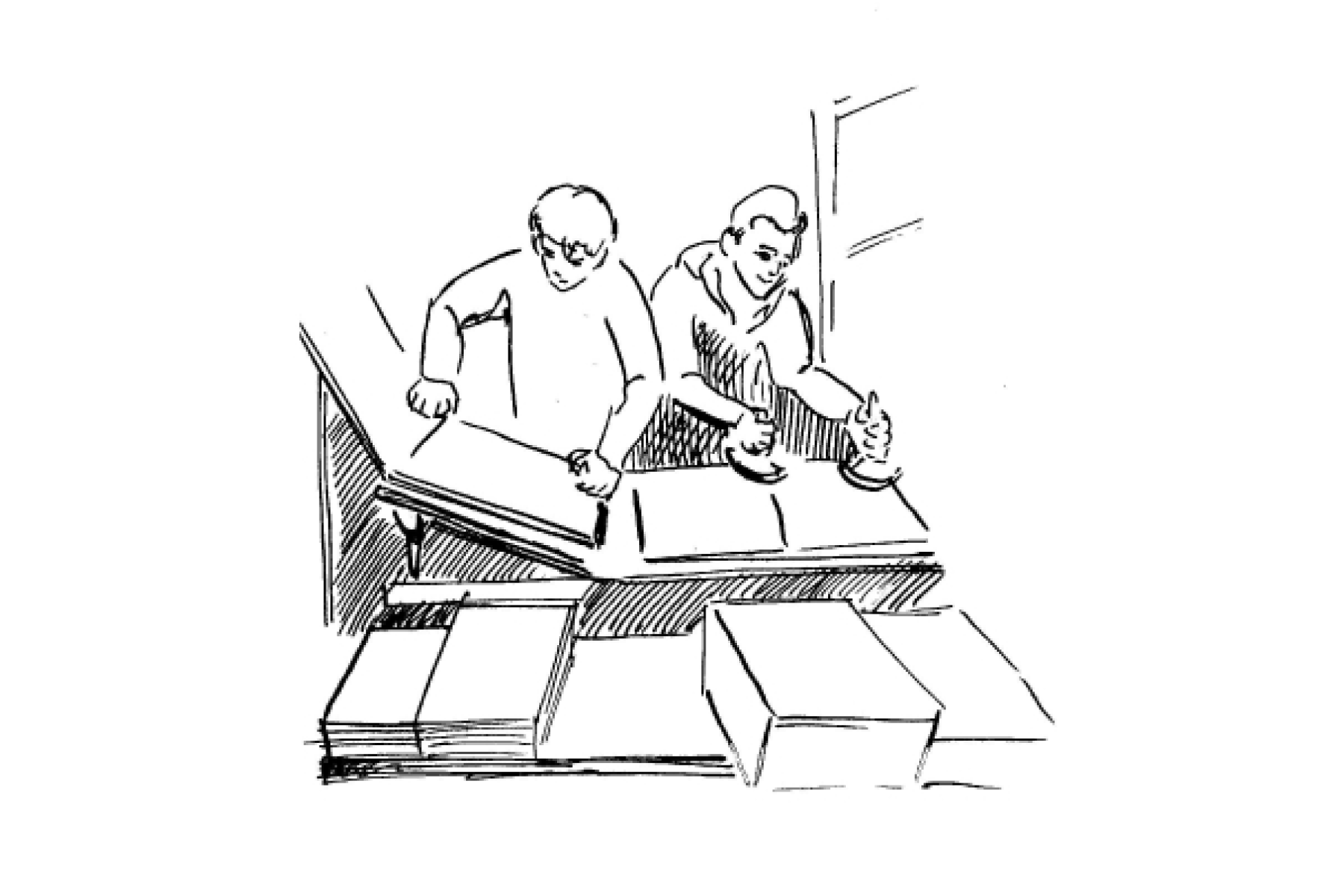
The Context
All of us work in the business of ideas. Even if we don’t consider ourselves creative, we still have a responsibility to exploit our intellectual capital and entrepreneurial energy. This is the goal of all knowledge work. To get our ideas out of idea form and into something more tangible and concrete. Something we can quantify and organize, and ultimately bring to market in a highly repeatable manner. Now, we may not be able to monetize all of these properties immediately, if ever. But unless we take that critical step outside of our own heads and into the customer’s, we’ll never know. One word a lot of startups love to use to characterize this process is, to productize something. It’s not a new term. You can read those old trade journals of steel manufacturing, tech consulting and computer science from the sixties and find occasional usage of it. But once we hit the digital age in the nineties, usage of the word productization was off to the races. Now every company today is thinking about how to transform their raw or minimally developed idea into a standard, fully tested, packaged, supported and marketed product. Interestingly, despite being so product centric, it’s extremely process driven. If your company plans to take the value, skills, and advice you provide, and let a product deliver part of that value, there’s much to consider.
The Tool
Franchising
FRANCHISING -- Systemizing your creative work in such a way that it could be replicated and productized
The order of operations is critical. Starting with permission. Each company and each individual who works there, has to decide that they are worthy of leveraging their intellectual property into a franchise system. People have to believe that their ideas are meaningful enough to convert into tangible offerings that will result in value for the customer, and compensation for them. It may sound touchy feely, but you’d be surprised at the number of smart people who don’t allow themselves, or their team members, to bring their intellectual firepower to the table. The company culture has to be one in which people feel psychologically safe to share their ideas. They have to know in their bones that even if their productization idea is dreadful, they will still be positively reinforced for taking the risk of presenting it. Another element in the franchising and productization process is being medium agnostic. Because the goal to create a small, bite sized version of your service and package it into a product that someone will pay for. As for what that thing will ultimately look like, who knows? Just because you think your idea should live as a smartphone app doesn’t mean users will agree. Or just because you had envisioned your service packaged as video doesn’t mean audio or text won’t hit the sweet spot too. And so, not to prematurely commit yourself to one format. What makes your idea unique and exploitable is if there is a universe of formats for it. The challenge is organizing it, focusing it, and concentrating it in such a way that it will leverage all the other values of the business.

Scott's Take
Here’s a guiding question that was helpful in my own productization efforts. Given the customer you’re trying to reach, and the problem you’re trying to solve, what medium best suits the solution you’re presenting? The good news about productization is, not only is it possible, it’s probable. The resources for doing so are more affordable and accessible than ever. Speed is not the challenge, specificity is. You really do have to measure twice a cut once.
The Rest
If you want to take a small piece of your service and ultimately sell it as a product, good for you. That’s exactly what you should do in the business of ideas. Just make sure you understand your relationship to driving forces like permission and process first. Figure out what asset you could build that grows in value daily that people would actually pay for. Are you worthy of leveraging your intellectual property into a franchise system?
The Benefits
Identify which intellectual assets are worth exploiting further
Make your value accessible to more people with different needs
Apply your first successes to a host of other formats, activities and markets.
Scale your business sustainably and expand your level of contribution and impact on the world